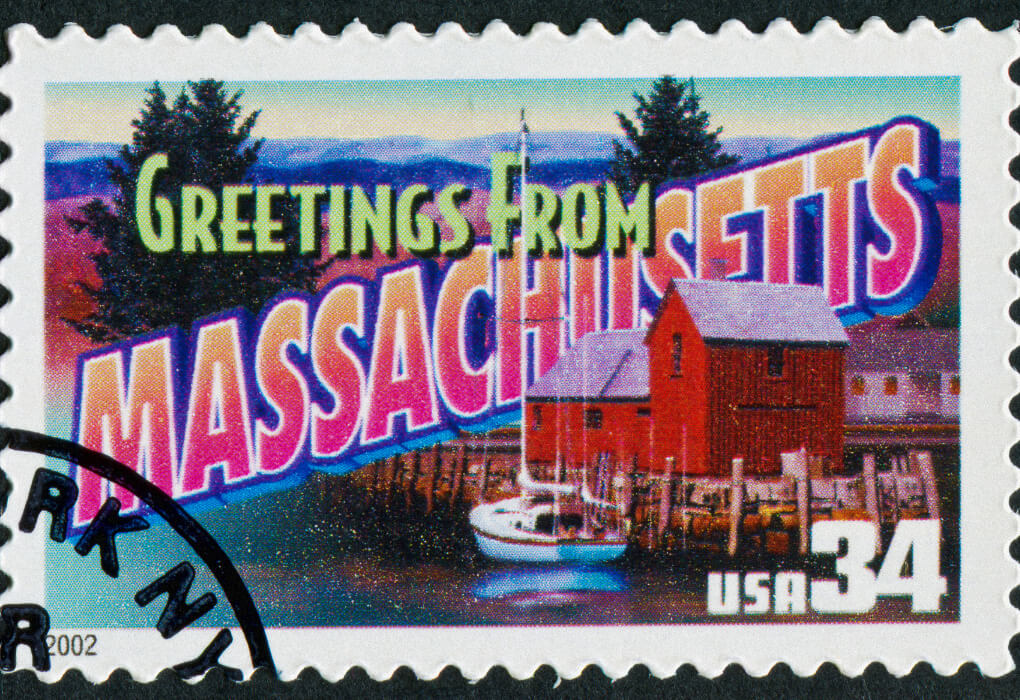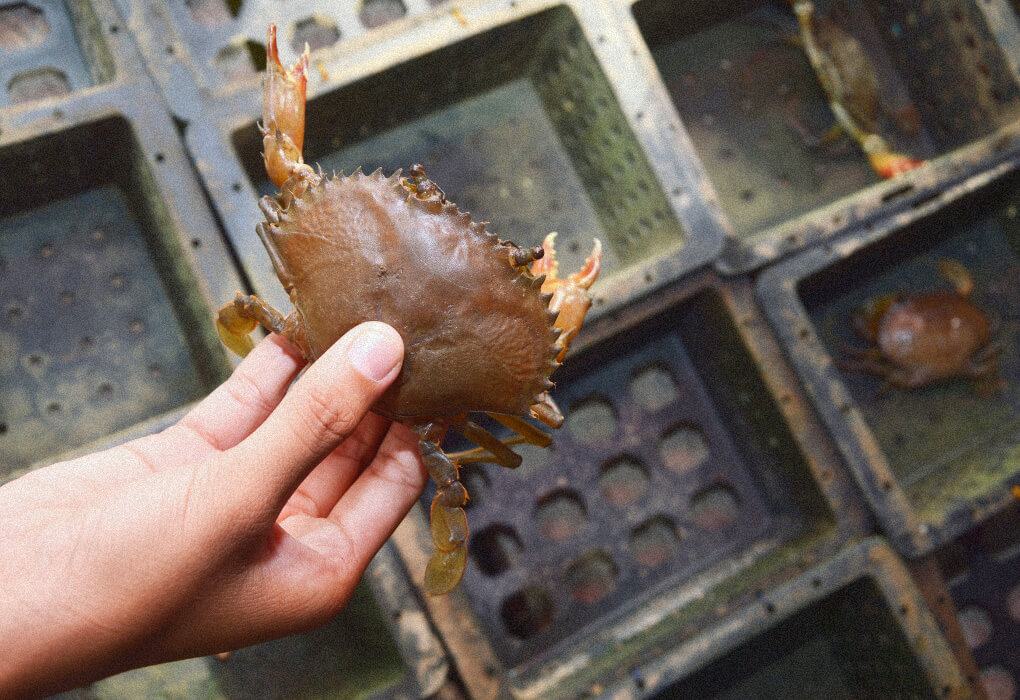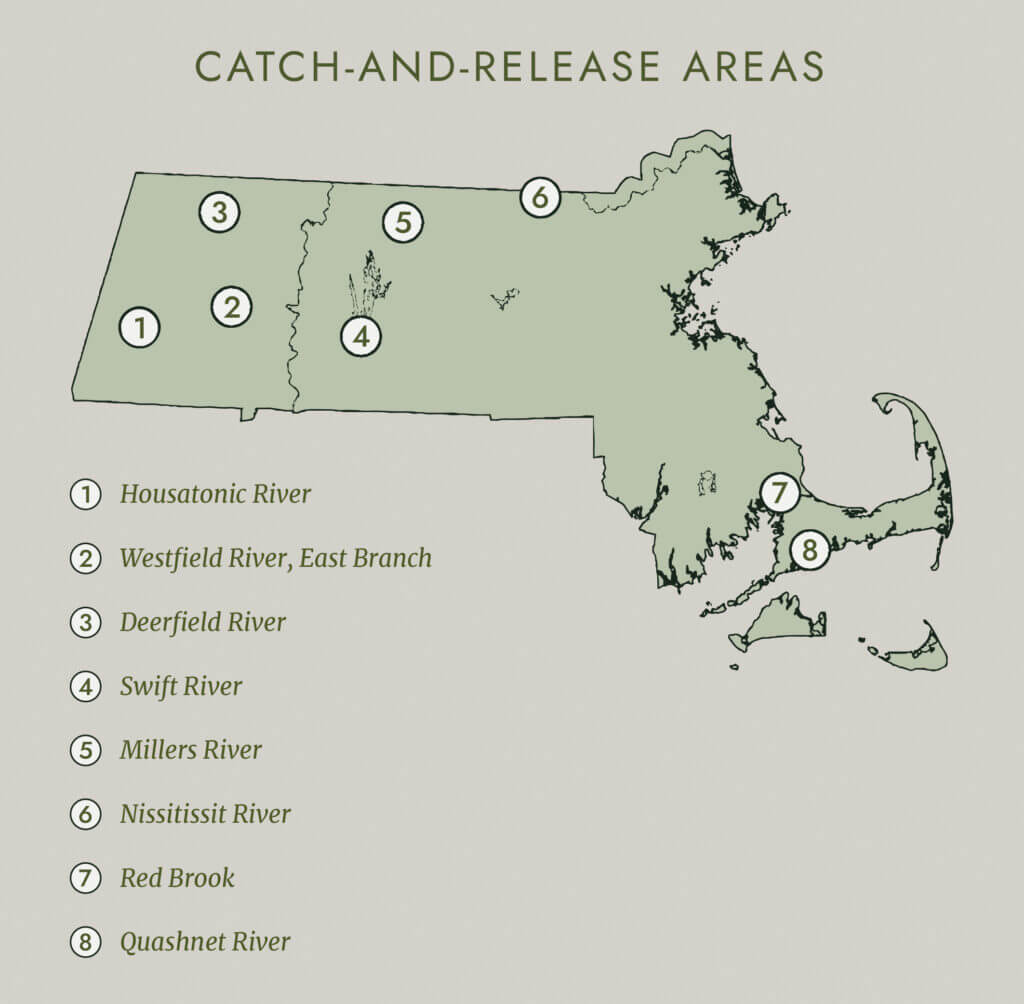By:
Massachusetts is a prime bass fishing spot and many avid anglers are taking advantage of the scenery and waters offered by this beautiful state.
Whether you’re a seasoned fisherman or just getting started, you still need your Massachusetts fishing license to be able to get out there and reel in some fish.
We’re covering the essential information that all anglers living in the state need to know, from how to obtain your license to understanding all relevant regulations.
Read on to learn more about fishing in Massachusetts and how you can get out on the water, whether fishing for bass in freshwater or saltwater fishing from a vessel. There’s a reason it’s called The Codfish State.
Going fishing in Massachusetts? Then give a read to our Best Bass Fishing Lakes in Massachusetts review.
Table of Contents
Who Needs a Fishing License in Massachusetts
| MA Fishing License Requirements | MA Freshwater Fishing License | MA Saltwater Fishing License |
| 15+ Years | 16+ Years |
In Massachusetts, fishing licenses expire each year on Dec. 31, regardless of when it was purchased.
To continue fishing, anglers must renew their annual Massachusetts saltwater fishing license and freshwater license every year before this date.
The state’s Department of Fish and Game regulates fishing licenses in Massachusetts and can be obtained online or at local agent locations. Those fishing without a valid fishing license may face penalties authorized by law.
What age do you need a fishing license in Massachusetts
Both residents and non-residents need a freshwater or saltwater fishing license if they are planning to fish in Massachusetts.
However, there are some free license options for residents.
Resident

If you’re 15 years of age or older, you will need a license before you can go fishing in Massachusetts. Mass fishing license is free if you are between the ages of 15 and 17 or 70 years old and above.
Massachusetts residents with disabilities, such as those who are blind, have an intellectual disability, or suffer from paraplegia, can get a complimentary fishing license.
Non-resident
Non-residents who want to fish in Massachusetts need a non-resident license if they are over the age of 15 for freshwater and if they are over 16, they will need a Mass saltwater fishing license if they plan to fish in the ocean.
Saltwater
Mass saltwater fishing licenses are available to anglers who are 16 years of age or older.
Specific regulations on certain species are found below for saltwater fishing that can be found on Mass.gov.
- finfish
- sharks
- lobsters
- crabs
- Shellfish
Shark Fishing
Fishing for sharks within state waters only requires a MA Recreational Saltwater Fishing Permit. However, those wishing to fish in federal waters need an NOAA Highly Migratory Species (HMS) permit with a shark endorsement.
To acquire this endorsement, you’ll have to first complete an online quiz about shark identification and regulations.
Lobster Fishing
When fishing for lobsters in Massachusetts, residents need to pay a permit fee of $55, while non-residents pay a fee of $75.
Permits can be obtained at any DMF office or online through MassFishHunt.
| Recreational Lobster Regulations | |
| Daily Bag Limit | 15 lobsters. It’s important to note that lobsters can be stored and retrieved in greater numbers than the bag limit as long as other fishing is not taking place. |
| Night fishing | Hauling trap gear or taking lobsters is prohibited between 1/2 hour after sunset and 1/2 hour before sunrise. |
Crab Fishing

When fishing for blue crabs in Massachusetts, be aware that the possession limit is 25 crabs per person per calendar day.
The minimum shell size allowed is 5 inches, measured laterally across the shell from tip-to-tip across the posterior-most, longest spines.
Recreational Shellfishing
If you’re looking to go recreational shellfishing or lobstering, you don’t need a permit to get started.
However, it is important to contact your town’s Department of Natural Resources for more information on local regulations and any permits that may be required.
Reciprocity Licenses
The Massachusetts division of marine fisheries has Reciprocity Agreements with four other states for recreational saltwater fishing.
MA recreational saltwater permit holders are allowed to fish recreationally in New Hampshire, Rhode Island, Connecticut, and Maine.
• Both MA to NH and NH to MA fishing is allowed.
• The same applies to RI and CT.
• Fishing is only allowed from MA to ME.
Of course, the regulations for each state may vary, so be sure to check the specifics for each location before you start fishing.
Ice Fishing
When it comes to ice fishing, anglers are allowed up to five hooks in the ice at a time.
These hooks can be single hooks, treble hooks, spinners, spoons, bait harnesses, jigs, or plugs – lures with multiple treble hooks count as one hook overall.
Each angler needs to be able to tend their own hooks (tip-up or jig stick).
However, adults may help kids with cutting holes and removing hooks. Be sure to check local regulations and tips on ice density and safety before heading out.
Catch and Release Fishing

Eight areas in the state are restricted to catch-and-release fishing, using only artificial lures and no bait.
• Housatonic River upper section: from Rt. 20 bridge in Lee downstream to Willow Mill Dam; lower section from Glendale Dam downstream to the railroad bridge in Stockbridge.
• Westfield River East Branch: from Chesterfield Gorge parking lot in Chesterfield to the gate north of the Corps of Engineers parking lot at Knightville in Huntington.
• Deerfield River upper section: from Fife Brook Dam to Hoosac tunnel; lower section from Pelham Brook to the Mohawk Campground.
• Swift River: only fly fishing is allowed from Winsor Dam to Rte. 9; for Rte.9 – Cady Lane, catch-and-release/artificial lures are allowed July 1 – Dec 31, and fish harvest and bait from January 1 – June 3.
• Millers River upper section: Templeton/Athol railroad bridge to first dam in Athol; lower section: Wendell Road bridge in Orange to the breached dam in Erving Center.
• Nissitissit River: Fly fishing only, from New Hampshire border to Prescott Street
Bait Fishing Regulations
Licensed anglers are allowed to take certain species as bait, either live or dead:
- Banded Killifish
- Fallfish
- Fathead Minnow
- Golden Shiner
- Mummichog
- Pumpkinseed
- Rainbow Smelt (hook and line only)
- Yellow Perch and White Sucker
Taking fish to sell as bait is prohibited.
Fish must be taken with a rectangular net of no more than 36 square feet in area, a circular/ring net of 6 feet in diameter or less, or a fish trap with openings no bigger than 1 inch; nets designed for gill-netting are not permitted.
Anglers may also take frogs 2.5 inches or smaller from snout to vent for personal use as bait (up to 10 daily and 10 in possession). frogs cannot be sold.
How to Buy a Massachusetts Fishing License
There are three ways anglers can get their hands on a license, either online, from a license agent or retail store, or by mail.
Online
You can purchase your Massachusetts fishing license online from the MassFishHunt official website. Additionally, if you use a smartphone, you can download and display your license on your phone instead of printing a copy.
Local Retailers:
You can also purchase your freshwater fishing license in person at select retail stores that accept cash, checks, and credit cards. Additionally, you can buy your license at MassWildlife offices, though payment is restricted to cash or checks.
Via Mail
If you are a person with a disability, you can apply for a free fishing license by following these steps:
- Fill out an application form for the free license
- Submit a copy of a Certificate of Blindness issued by the Massachusetts Commission for the Blind, or have your doctor sign a form certifying that you have an intellectual disability or paraplegia
- Mail the documents to:
Massachusetts Division of Fisheries and Wildlife, ATTN: Licensing
251 Causeway St., Suite 400 Boston, MA 02114
How much is a fishing license in Massachusetts
| Massachusetts Freshwater fishing license fees | |
| License Type | Price |
| Annual Resident Fishing | $29.50 |
| Resident Minor Fishing (Age 15–17) | FREE |
| Resident Fishing (Age 65–69) | $14.75 |
| Resident Fishing (Age 70 or over) | FREE |
| Or paraplegic, blind, intellectually disabled | FREE |
| Annual Non-resident Fishing | $39.50 |
| Non-resident Minor Fishing (Age 15–17) | $7.10 |
| Resident Fishing (3-day) | $12.50 |
| Non-resident Fishing (3-day) | $23.30 |
| Quabbin Reservoir 1-day Fishing | $5.00 |
| Saltwater fishing permit fees | |
| License Type | Price |
| Saltwater fishing permit (anglers under 60) | $10.00 |
| Saltwater fishing permit (anglers 60 and over) | FREE |
| Combination Sporting License Fees | |
| License Type | Price |
| Annual Resident Sporting | $54.00 |
| Resident Sporting (Age 65–69) | $27.00 |
| Resident Sporting (Age 70 or over, includes trapping) | FREE |
| Resident/Non-resident Sporting, Paraplegic | FREE |
Related Articles
Frequently Asked Questions
What is the cost of a fishing license in Massachusetts?
The cost of a fishing license in Massachusetts depends on the kind of license you need.
The most popular license option is the annual license, with a fee of $29.50 for residents and $39.50 for non-residents.
Can you fish without a license in Massachusetts?
You can fish without a license in Massachusetts if you are under 15 years old. There are free licenses for those who are older than 70, and for the disabled.
How much is an out-of-state saltwater fishing license in Massachusetts?
An out-of-state saltwater fishing license in Massachusetts is $10.
What happens if you fish without a license in Massachusetts?
In Massachusetts, it is illegal to fish without a valid license and violators may be subjected to fines ranging from $50 to $100 or even up to 30 days in jail.
If you are caught fishing without a license, you may be required to pay a penalty of $5 per fish and $2,000 for an endangered species.
Final Thoughts
Purchasing a fishing license is more than just a requirement. It’s an opportunity to support conservation and fishing access.
The money collected from fishing license sales in Massachusetts supports statewide conservation efforts, promoting habitat restoration, aiding research projects, stocking lakes and rivers with fish, and maintaining public fishing access areas so that future generations can enjoy the outdoors.
Buying a Massachusetts fishing license is an investment in conservation and responsible angling.
So, once you’ve gotten yours, be sure to download our bass lures cheat sheet, to get the best out of your Massachusetts bass fishing trip.
Our cheat sheet tells you the best lures to throw and when, so you’ll always be on top of your game.
